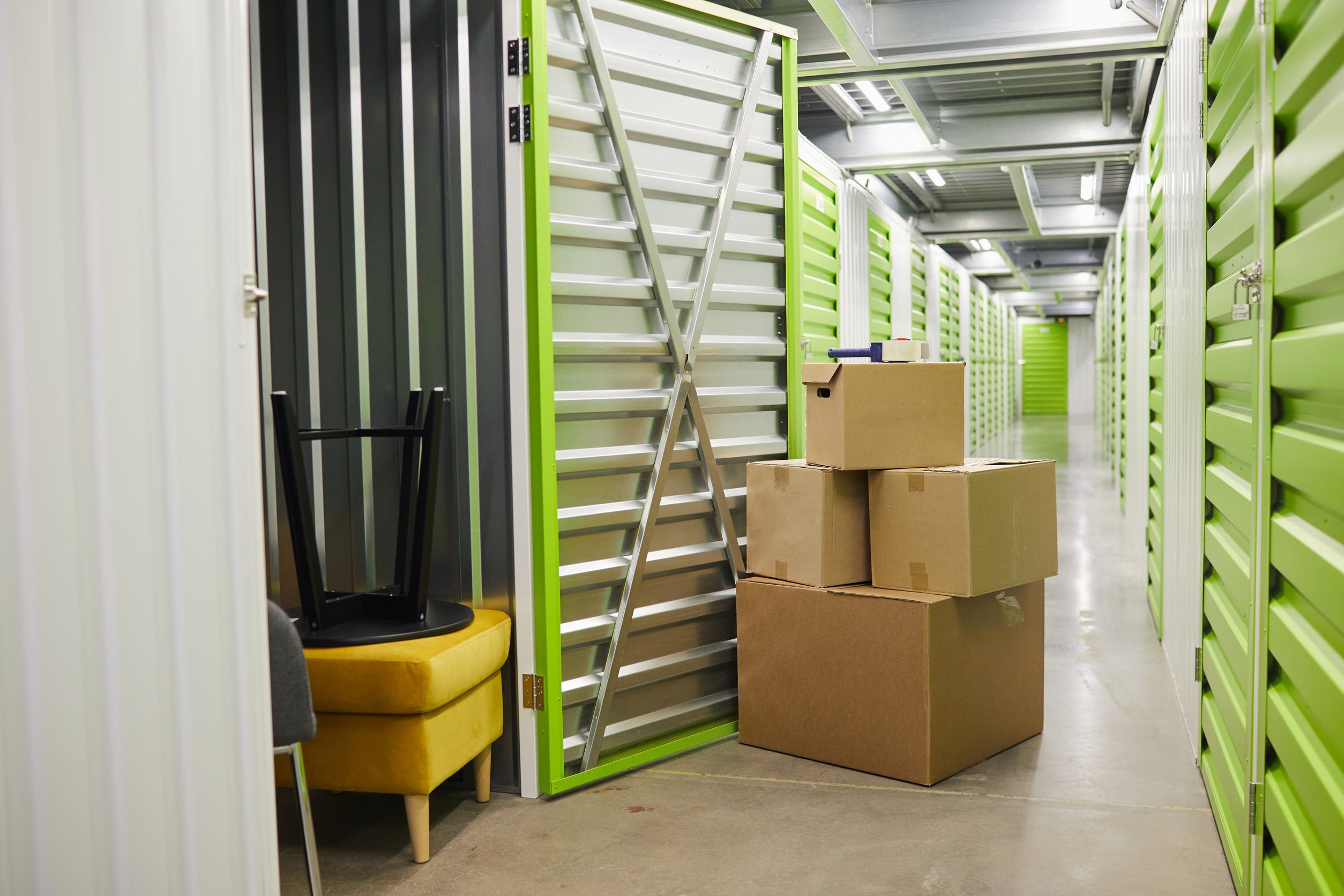
When disaster strikes—whether it’s a fire, flood, or theft—people expect their insurance to have their back. But all too often, a claim gets denied for reasons that seem trivial until it’s too late. One of the most common reasons? Poor storage habits.
Insurers look closely at how belongings are stored when evaluating a claim, and small oversights can translate into big financial losses. Knowing what habits raise red flags can be the difference between a paid claim and a hard lesson.
1. Storing Items in Damp or Unventilated Spaces
Insurance companies frequently deny claims when damage could have been prevented with basic care, especially moisture-related losses. Stashing items in basements, crawlspaces, or garages without proper airflow invites mold, mildew, and rot, which insurers often classify as neglect. When boxes are stacked in humid corners or directly on concrete, the risk multiplies and can be used as justification for a denial. Many policies exclude coverage for gradual damage, and mold isn’t always considered a “sudden and accidental” event. If moisture played a role, it’s an easy reason for insurers to walk away.
2. Using Non-Fireproof Storage for Sensitive Documents and Valuables
Important documents and valuables stored in flimsy or flammable containers can become liabilities during a fire or disaster. Insurance companies expect policyholders to take reasonable steps to safeguard high-value items, especially when they’re explicitly listed in a policy. If jewelry, cash, or documents like deeds and wills are lost in a fire and weren’t kept in a fireproof container, coverage may be limited or denied outright. The assumption is that responsible storage reduces risk, and failure to meet that standard undermines the claim. Safe storage shows insurers the owner took risk seriously.
3. Storing Items Off-Premises Without Proper Documentation
When belongings are stored in a separate location—like a storage unit or second property—lack of documentation can kill a claim fast. If the insurance company doesn’t know the items were there, or if they weren’t properly inventoried, proving ownership becomes difficult. Photos, receipts, and detailed inventories are often required to validate off-site storage. Without them, the insurer may argue there’s no proof the item existed or was damaged. Any ambiguity is usually resolved in favor of the insurer, not the claimant.
4. Blocking Access to Major Home Systems
Piling up boxes or storage bins around water heaters, furnaces, or circuit panels isn’t just a safety issue—it can lead to a denied claim. Insurance adjusters assess whether homeowners created unsafe conditions or interfered with system maintenance. If a fire breaks out and it’s traced to a blocked or poorly ventilated appliance, insurers may rule it preventable and deny the claim. Home systems need space to function properly, and clutter that leads to malfunction is often seen as negligence. Proper clearance isn’t just code-compliance—it’s claim protection.
5. Storing Hazardous Materials Improperly
Paints, solvents, gas cans, and cleaning agents are common in garages and sheds, but improper storage can void a claim after an incident. If a fire or explosion is linked to materials that weren’t stored according to manufacturer or code guidelines, insurers may not pay out. Even small oversights—like storing gasoline near a water heater—can be seen as a failure to mitigate risk. Many homeowners don’t realize their policy may exclude damages resulting from hazardous material misuse. A single poorly placed canister can jeopardize an entire claim.
6. Ignoring Manufacturer Storage Guidelines for Electronics and Appliances
Electronics, appliances, and even furniture often come with storage recommendations that help preserve their integrity. If an item is stored in an environment outside those guidelines—too hot, too cold, too dusty—it may be considered improperly maintained. Insurance providers routinely inspect damage for signs of long-term neglect rather than sudden failure. If it’s clear that storage played a role in the damage, the claim can be denied under “wear and tear” or “owner negligence” clauses. Following storage recommendations is a simple step that holds major weight during claims review.
7. Leaving High-Value Items in Unsecured Areas
Leaving expensive bikes, tools, or equipment in unlocked sheds, open garages, or unsecured yards is a gamble that often ends badly in the claims process. If an insurer finds that theft occurred due to a lack of basic security, they may argue the loss was preventable. Most policies contain clauses about “reasonable precautions,” and an unlocked door or gate can disqualify coverage. Insurance doesn’t cover negligence, and failing to secure high-ticket items makes it easy for adjusters to deny the claim. It’s not enough to own insurance—items must be protected in good faith.

8. Keeping Items in Uninsurable or Excluded Areas
Certain areas of a property—like flood zones, detached buildings, or unfinished basements—might be excluded from standard coverage. Storing property there can create major issues if the policy doesn’t explicitly include those spaces. For example, flood damage to items stored in a basement might not be covered without a separate flood policy. Similarly, damage to belongings in a detached garage could be excluded if the structure isn’t listed on the declarations page. Knowing the boundaries of coverage is essential to avoid unpleasant surprises during a claim.
Protect Your Claim Before You Need It
Small storage habits can have big consequences when it’s time to file a claim. Insurance companies are in the business of managing risk, and sloppy storage signals risk they may not want to cover. Good organization, secure storage, and awareness of policy limitations are more than just smart—they’re necessary. Preventable damage is one of the easiest ways for insurers to deny a payout, and avoiding these habits is a proactive defense. Have you run into storage issues in a claim?
Share your story or thoughts in the comments below—others could learn from your experience.
Read More
10 Things Your Insurance Company Hopes You Never Ask
7 Life Insurance Terms That Will Deny Your Family a Payout
The post 8 Storage Habits That Lead to Insurance Denials appeared first on Everybody Loves Your Money.







